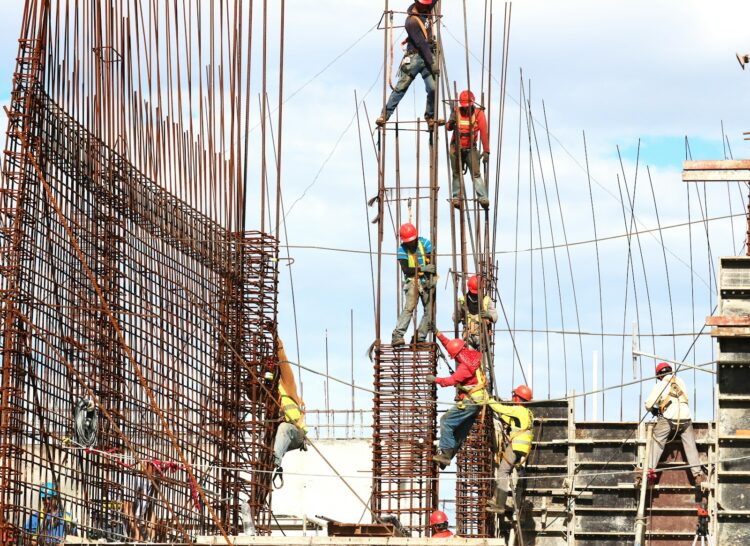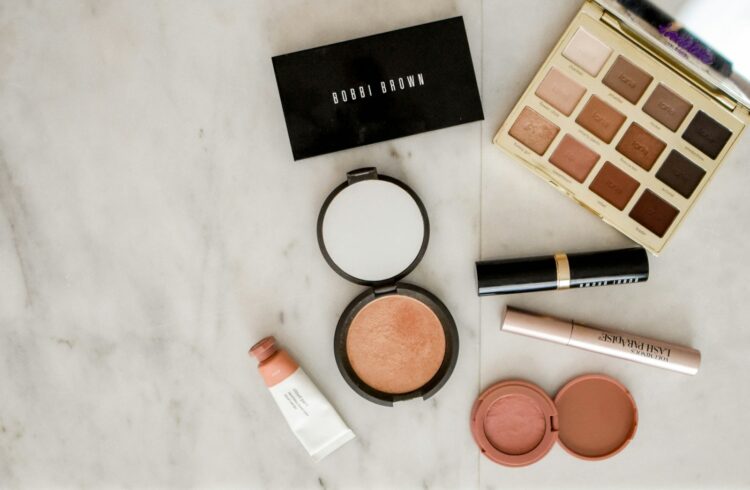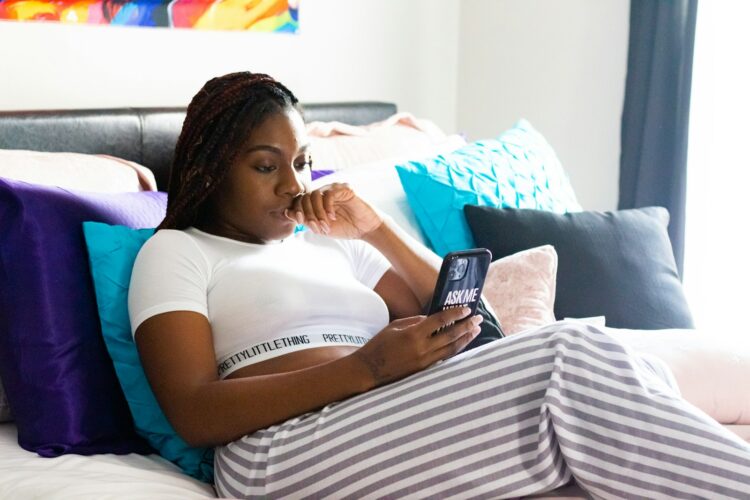
Life isn’t a level playing field, and for women, some challenges come built-in. Whether it’s safety concerns, societal expectations, or just everyday inconveniences, these struggles are very real—even if they don’t always make headlines. Here are 15 things that women deal with way more than men.
Walking Alone at Night

For men, a late-night walk can be peaceful, even refreshing. For women? It’s a constant mental checklist: keys between fingers, phone in hand, pretending to be on a call. Every shadow feels like a threat. Many even share their live location with friends “just in case.” It’s not paranoia—it’s survival.
Being Taken Seriously in Male-Dominated Fields

A woman in STEM, business, or leadership? She often faces skepticism before she even speaks. At times, she can’t even speak before getting interrupted. It’s a fact that women’s ideas are dismissed more quickly, and their successes are attributed to luck rather than skill. And if she’s confident? She’s labeled as “too aggressive.”
Earning Equal Pay

The gender pay gap isn’t just about numbers—it’s real, and it messes with careers, savings, and even retirement. Women negotiate just as much as men, but somehow, they’re the ones seen as “demanding” for asking what they deserve.
Finding Clothes with Pockets

It sounds trivial—until you realize how much time women spend carrying purses just to hold essentials that easily fit in men’s jeans. Most “fashionable” women’s clothing either has fake pockets (yes, they’re fake) or tiny ones that barely hold a lip balm. Meanwhile, men get deep, spacious pockets as a standard.
Going to a Mechanic Without Being Overcharged

Have you ever heard the phrase “Take a man with you” when visiting a mechanic? There’s a reason. Women are often quoted higher prices or recommended unnecessary repairs because mechanics assume they don’t understand cars or they’re just not aware of the prices.
Aging Without Judgment

Men go gray and get labeled “distinguished.” Women? They’re pressured to dye their hair, try Botox, or invest in anti-aging products to stay “relevant.” The beauty industry thrives on telling women they need to look young forever.
Getting Credit for Their Ideas

A woman shares a brilliant idea in a meeting. No reaction. Five minutes later, a male colleague repeats the same thing—suddenly, it’s genius. This isn’t rare; it’s a phenomenon called “hepeating,” it happens everywhere, from boardrooms to brainstorming sessions.
Dressing Comfortably Without Criticism

A man can show up in a hoodie and joggers, and no one blinks. A woman wears leggings and a T-shirt? Suddenly, it’s a debate about “effort” or “appropriateness.” The same goes for workplace dress codes—women’s attire is often policed way more than men’s, even when both are equally professional.
Not Being Interrupted in Conversations

There’s a reason women joke about needing to take a deep breath before speaking in meetings. There’s no need to prove that men interrupt women far more than they do other men. In professional settings, women often preface their statements with “Just to add…” because they know their points might be cut off before they’re even finished.
Going to the Gym Without Unwanted Attention

Most men can hit the gym, focus on their workout, and leave. Women, on the other hand, often deal with unsolicited advice, uncomfortable stares, or even men filming them (that’s rude and inappropriate, by the way). Some avoid weight sections entirely just to avoid the awkwardness. The gym should be about fitness—not fending off unwanted interactions.
Finding Affordable Personal Care Products

Ever compared the price of men’s and women’s razors? The “pink tax” means women’s products often cost more, even when they’re virtually identical to men’s versions. From deodorants to shampoos, the pricing gap is everywhere.
Expressing Emotions Without Judgment

A man gets angry? He’s “passionate.” A woman gets angry? She’s “hysterical.” The same double standard applies to leadership—an assertive man is a “strong leader,” but an assertive woman is often called “bossy” or “cold.” No matter the emotion, there’s always a stereotype attached. Things are never easy for women.
Being Safe on Dating Apps

For men, dating apps are mostly about swiping and seeing who’s interested. For women, there’s an added layer of concern: “Is he dangerous? Will he respect my boundaries? Is he a psychopath killer (come on, we’ve all watched ‘You’)? Should I meet him in a public place?” Saying “no” to the wrong person can even lead to threats or harassment.
Not Being Pressured About Motherhood

Women hear it all: “You’ll regret not having kids!” Even if a woman doesn’t want children, society keeps reminding her that she should. People don’t even hesitate when they say things like “It’s time” or “You are getting older.” Meanwhile, men can be childfree without endless questions—or assumptions that something is “wrong” with them.
Dealing with Period Stigma

Despite being a natural biological function, periods are still treated as something to hide. Many women have had to awkwardly sneak a tampon into their sleeve just to avoid judgment. Even worse? Some cultures still treat periods as “unclean,” limiting what women can do during that time.
Getting Through Airport Security Without Being Pulled Aside

Men can breeze through security with minimal fuss. Women? Not so much—especially if they’re wearing an underwire bra. Many have faced awkward pat-downs simply because their bra triggered the scanner. And if they’re traveling solo, there’s an added layer of scrutiny—questions about where they’re going, why, and if they’re “really alone.”
Networking Without It Turning Into a Date

For men, networking events are just about business. For women, there’s always the risk that a casual coffee meeting will be misinterpreted. Many have experienced professional connections sliding into their DMs with, “So… drinks sometime?” instead of an actual work opportunity. The result? Women have to tread carefully, balancing career growth with unwanted advances.
Walking Past a Construction Site Without Comments

Not all construction workers catcall, but enough do that it’s a stereotype for a reason. Women walking past construction zones (or really any group of men) often brace themselves for whistles, stares, or unsolicited comments. The worst part? If she ignores it, she’s “stuck-up.” If she responds, she “can’t take a joke.” Either way, she loses.
Going Makeup-Free Without Judgment

A man can roll out of bed, splash water on his face, and head to work. A woman does the same? People ask if she’s sick, tired, or “not feeling like herself today.” Women in professional settings, especially, feel pressured to wear makeup—not for fun, but because it’s often expected.
Finding Safe, Affordable Housing

Women have to consider more than just rent prices and location—they have to think about safety. Is the neighborhood safe at night? Does the landlord seem trustworthy? Can they live alone without worrying about security? Stories of landlords harassing female tenants or male roommates crossing boundaries are far too common.
Breastfeeding in Public Without Backlash

It’s 2025, yet women still get side-eyes, judgmental stares, or even outright harassment for breastfeeding in public. The irony? People are more offended by a baby eating than by the countless revealing images of women in advertisements everywhere. Feeding a child is natural—but somehow, it’s still a debate.
Climbing the Corporate Ladder Without Being Labeled

A man climbing the ranks is seen as ambitious and driven. A woman? She risks being called “ruthless” or “cutthroat.” If she’s assertive, she’s “too much.” If she’s warm and friendly, she’s “not leadership material.” Many women in leadership roles have learned they have to walk a fine line—firm but not too firm.
Saying “No” Without Guilt

Men say “no” and move on. Women say “no,” and suddenly, they’re pressured to explain. Whether it’s rejecting extra work, declining a date, or setting a boundary, women often face follow-up questions, guilt-tripping, or people simply not accepting their “no” as final. But no means no, and one should always respect that.
Not Being Judged for Their Relationship Choices

Single? People ask why she hasn’t settled down. Married? “When are you having kids?” Divorced? “What went wrong?” No matter her relationship status, there’s always someone with an opinion or a question. The why, when, how, who, where, and what never ends for a woman. Meanwhile, men get far fewer questions—and certainly less judgment—for the same choices.
Simply Existing Online Without Harassment

A man can post about almost anything online and get neutral or supportive comments. A woman? She risks getting unsolicited messages, creepy DMs, or threats—especially if she expresses a strong opinion. It’s exhausting to just be online without constantly dodging inappropriate attention. And not to forget, social media is very dangerous for women as they often face problems like stalking, etc.

